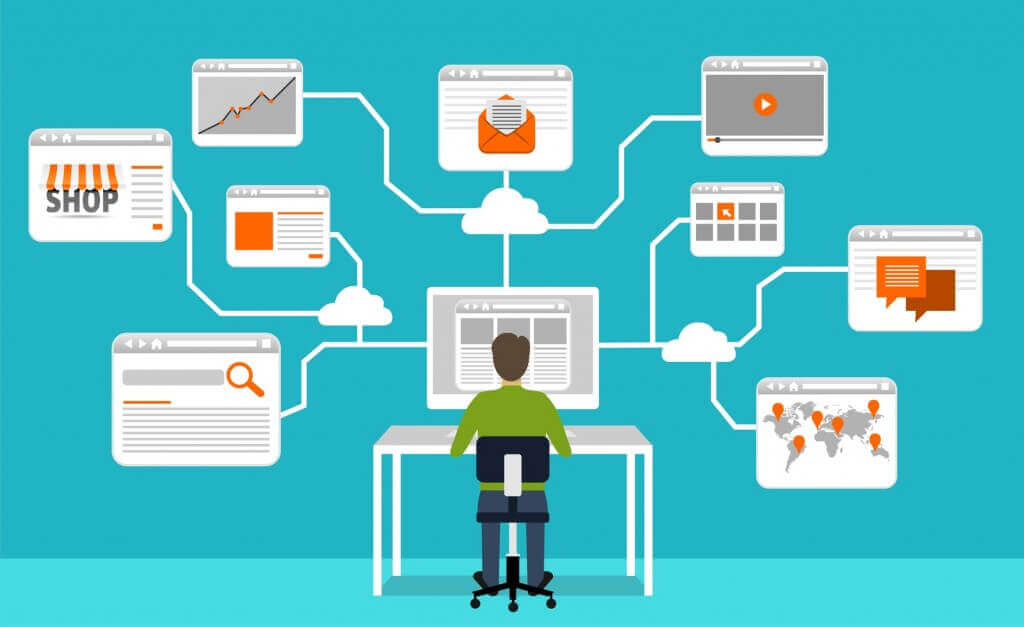
In today’s world of easily accessible big data, personalisation (admittedly in variably successful forms) is ubiquitous. People you have never had a conversation with in your life send you marketing emails addressed to you by name, and Facebook wishes you happy birthday, knows what news you will be interested in, and makes videos of you and your friends.
Businesses in all industries are becoming increasingly digital and data-centric, and the push towards personalisation hasn’t passed the hospitality industry by. According to research by Samsung, nine out of 10 hoteliers believe guests will expect their stays to be personalised by 2020, and, if you’re worrying about guests feeling uneasy about the invasiveness of technology, don’t – Software Advice discovered that even technology as powerful as facial recognition software would be welcomed by 41% of guests if it was used to personalise their stays.
Your guests expect you to know them before they arrive, they assume that you know what they want and are ready to provide it, and they expect to be treated as individuals – the best (and possibly only) way to do this is with data analytics. The data on your guests is everywhere – in their social media accounts, in their interactions with your website, in their IP addresses, and, if you ask them for it directly in pre- and post-stay surveys.
Many hoteliers have begun to take advantage of the ease with which modern technology allows them to collect and interpret data to enhance efforts at personalisation, so what kinds of tools and resources are available to help hoteliers implement personalisation?
What kinds of technology are available?
-
Tools for basic personalisation
Before you stride confidently out into the world of data capturing, ready to serve guests their favourite dessert of their childhood on the anniversary of their high school graduation, you need to perfect the task of remembering what guests have already told you.
To make personalisation possible, you first need technology that makes it easy to store, retrieve and use guest data collected during the booking process (and previous stays). At the very least, you should know your guest’s name, how to contact them, how many people are in his or her party and what room (or room type) they have booked.
Of course, this kind of data is hardly complex, and you could collect and store it with a piece of paper and a pen. However, as basic as this information is, it is the foundation upon which the rest of your personalisation data will rest, so it is wise to collect it electronically.
Read rest of the article at GuestRevu




